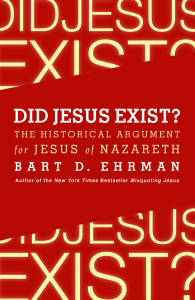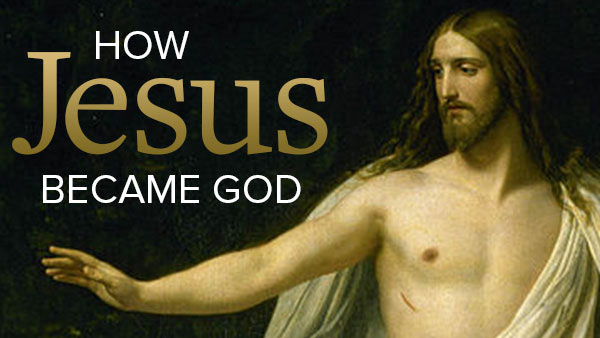

But in every case, these were aberrant teachings held by very small groups of Jew and never were held by mainstream Judaism. He cites examples of Jewish sects that believed that humans could and did become divine, and visa versa. Not disappointed that he made a good case disappointed that it was so weak that he and others find it compelling. The key is how he was going to show first century Jews believed this, I wondered, so I started that chapter with anticipation-and was disappointed.


I think it’s fairly well known that the Greeks and Romans believed this.

He provides ample evidence of ancient Greek and Roman ideas of humans becoming divine, and the divine becoming human, and all along the spectrum. Rather, I’ll highlight some of the major things to keep in mind when considering Ehrman’s arguments in this book and most of his others.Įhrman starts by pointing out that the dividing line between human and divine was not so clear in ancient times. This isn’t a detailed or point-by-point review of Ehrman’s new book. I can see the appeal of the case he builds if-if the New Testament wasn’t written by eyewitnesses. He goes into great detail and tells a good tale for how this idea could have entered Christian teaching. And Ehrman’s explanation for how Jesus’ divinity evolved is pretty implausible without his fundamental premise that the New Testament was not written by eyewitnesses. Once you don’t think the New Testament is a reliable report of Jesus’ teachings then any theory about how people came to think Jesus was divine is more plausible than that He actually taught that, even if it’s not very plausible in and of itself. The fundamental idea of this book, and really the most persuasive part of his case that Jesus never claimed to be divine, is how he dates the New Testament documents. The power of his case for how the idea of Jesus’ divinity evolved long after Jesus’ life is really an argument that is just touched on in this book. So if you want to understand Ehrman’s view about Jesus’ divinity in this book, you need to go back and understand his thinking on the New Testament in Misquoting Jesus. But it really is the most important thing to know about this book and most of his books in the last several years. He touches on the reasoning for this briefly in this book, but he’s dealt with this in more depth in earlier books. So we have no authoritative or reliable record of Jesus. He thinks that they record oral tradition that changed over time before being committed to writing. Ehrman’s fundamental premise is that the New Testament documents, and most critically the Gospels, were written late, long after the eyewitnesses were gone. Most of his books are the same premise applied to different topics. I realized something about Bart Ehrman’s books reading his latest, How Jesus Became God.


 0 kommentar(er)
0 kommentar(er)
